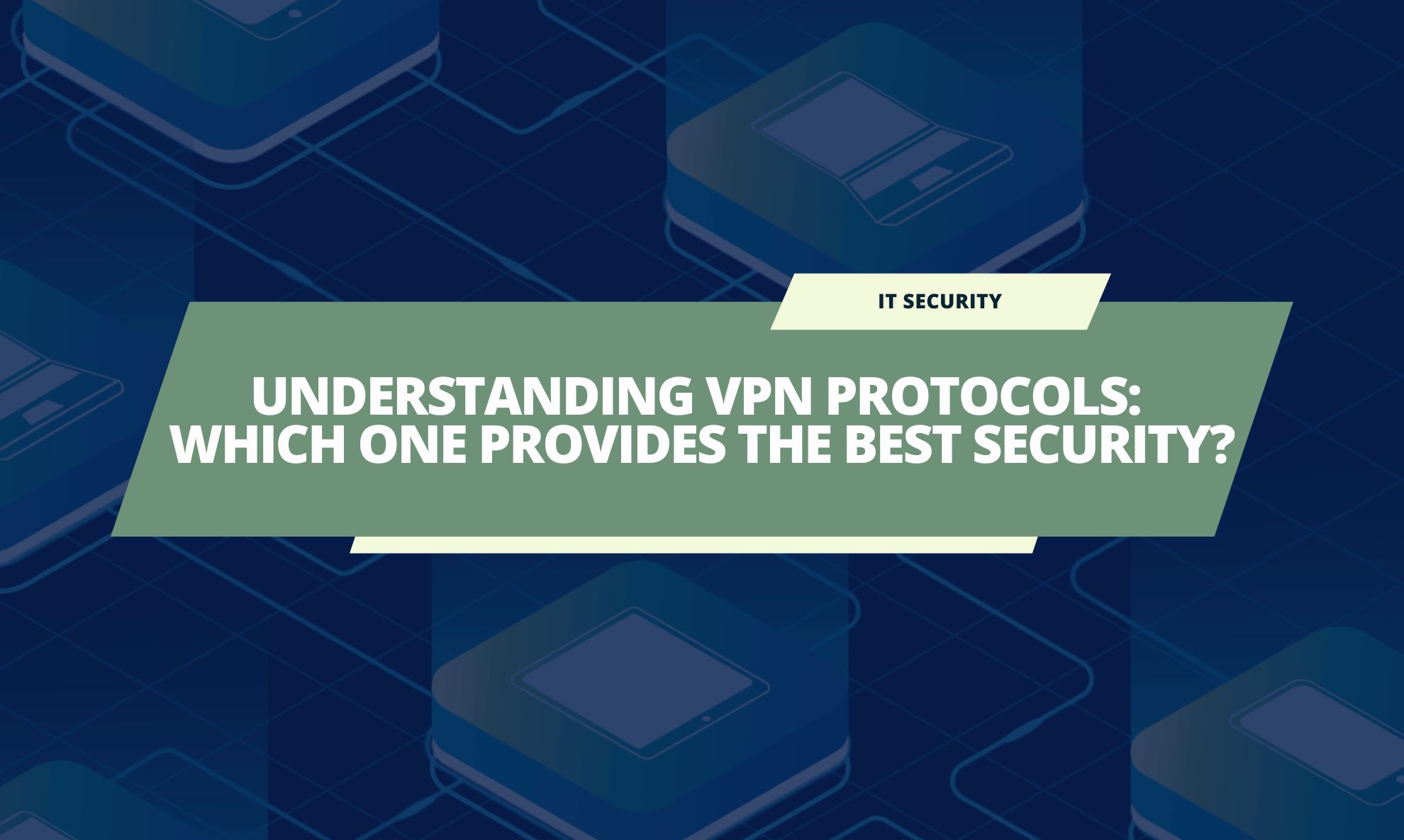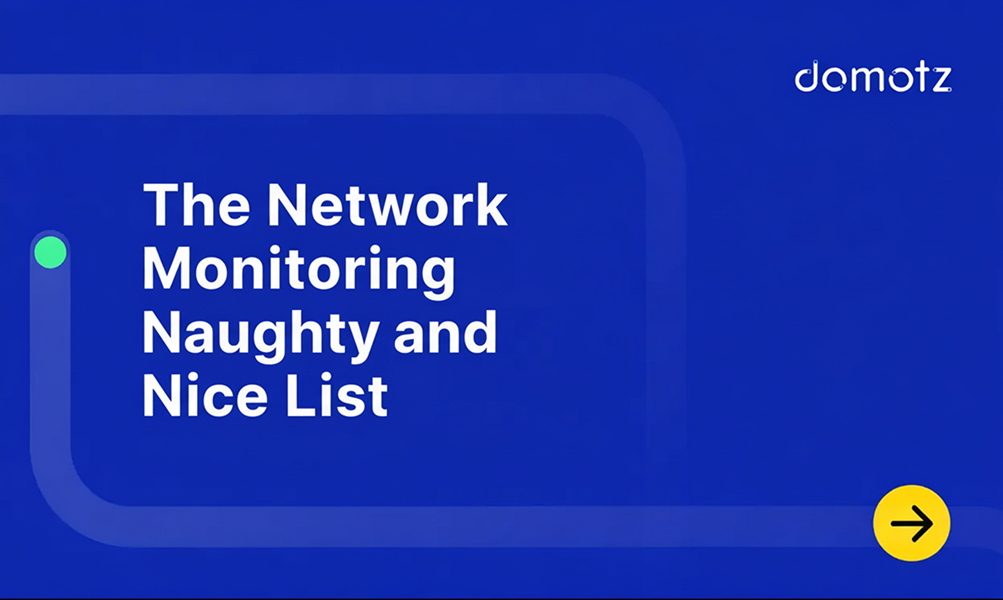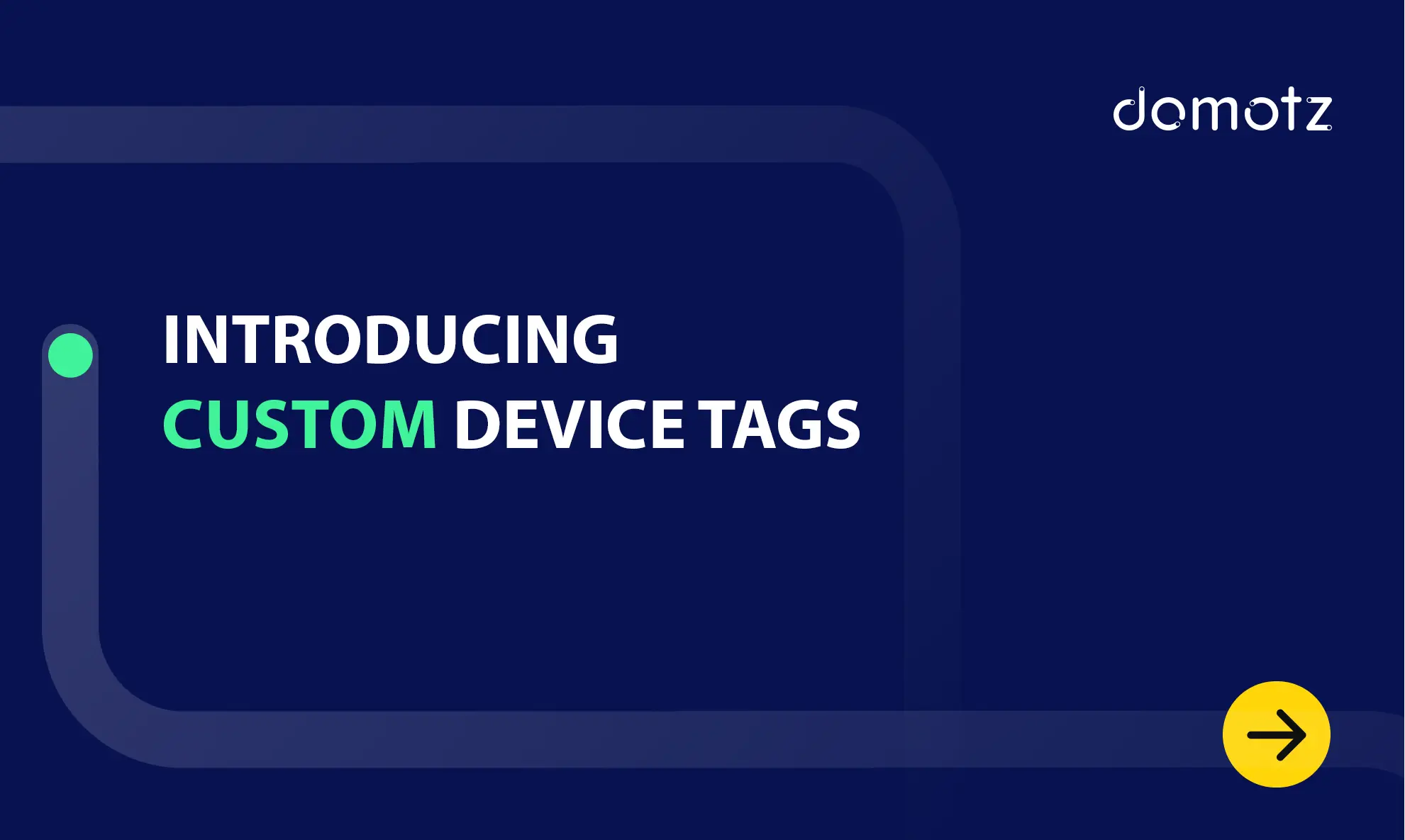What’s worse than a slow network? A compromised one. Hackers, data leaks, and snooping eyes can wreak havoc on your network if you don’t have the right security measures. The VPN protocol you choose determines how well your data is encrypted and protected – and choosing the wrong one could cost you more than just peace of mind.
What Is a VPN Protocol?
A VPN protocol is like a set of instructions that dictate how your data travels between your device and the internet. It ensures your data remains secure and private while considering speed and efficiency.
Imagine sending a package through the mail. Without a VPN protocol, your package (data) is sent without a lock, leaving it vulnerable to being tampered with. A VPN protocol acts like a sturdy lock, ensuring only the intended recipient can open the package.
Different protocols offer different levels of security, speed, and compatibility, making choosing the right one for your situation an important decision.
How Do VPN Protocols Work?
VPN protocols create a secure “tunnel” between your device and the internet. When you connect to a VPN, your data is encrypted and sent through this tunnel, protecting it from hackers, snoopers, or anyone else who might try to intercept it.
For instance, let’s say you’re working remotely and using public Wi-Fi at a café. Someone on the same network could potentially intercept your data without a VPN. But with a VPN protocol in place, your information is scrambled into an unreadable format that only the VPN server can decrypt.
The protocol you choose plays a crucial role in your overall network security. Combined with comprehensive network monitoring, it forms a robust defense against potential threats.
Common VPN Protocols Explained
There are several VPN protocols out there, each with its strengths and weaknesses.
| Protocol | Strengths | Weaknesses | Best For |
| OpenVPN | Highly secure, widely compatible | Slower than newer protocols | General use, high security |
| IPSec/IKEv2 | Fast, great for mobile devices | Limited support on older devices | Mobile users, switching networks |
| WireGuard | Extremely fast, simple, secure | Not widely supported yet | Speed and modern encryption |
| PPTP | Very fast, easy setup | Weak encryption, outdated | Streaming, low-risk tasks |
| L2TP/IPSec | Strong encryption, easy setup | Slower due to double encryption | Moderate security needs |
Here’s a breakdown of the most popular ones:
1. OpenVPN
OpenVPN is one of the most widely used protocols, known for its strong security and flexibility. It’s open-source, meaning the tech community continuously updates and improves it.
- Pros: Highly secure, compatible with most devices, and customizable.
- Cons: Can be slower than some newer protocols.
- Best for: General use, especially when security is a top priority.
When you need to protect your infrastructure effectively, OpenVPN is often the go-to choice.
2. IPSec/IKEv2
IPSec protocol is great for mobile users because it quickly reconnects if your connection drops. It’s also known for its speed and reliability.
- Pros: Fast, secure, and ideal for mobile devices.
- Cons: Limited support on older devices.
- Best for: People who frequently switch between Wi-Fi and mobile networks.
3. WireGuard
WireGuard is a newer protocol that’s gaining popularity for its simplicity and speed. Despite being lightweight, it offers robust encryption. This simplicity translates to better performance without compromising security, making it especially valuable when you need to minimize network latency.
- Pros: Extremely fast and efficient, with strong security.
- Cons: Not as widely supported as older protocols.
- Best for: Users who want a balance of speed and security.
4. PPTP
PPTP (Point-to-Point Tunneling Protocol) is one of the oldest VPN protocols. While it’s fast, its security is outdated.
- Pros: Very fast and easy to set up.
- Cons: Weak encryption and easily hackable.
- Best for: Low-risk tasks like streaming.
5. L2TP/IPSec
L2TP (Layer 2 Tunneling Protocol) combined with IPSec provides a good mix of security and speed. Just be aware that it can sometimes struggle with firewalls and might not deliver the speed you need for performance-critical operations.
- Pros: Stronger encryption than PPTP and relatively easy to set up.
- Cons: Slower due to its double encryption.
- Best for: General use where moderate security is required.
How to Choose the Right VPN Protocol
With so many options, how do you decide which VPN protocol is the best fit? Here are some factors to consider:
1. Security Requirements
Start by asking yourself these questions:
- What kind of data are you protecting?
- Do you have specific compliance requirements?
- How sensitive is your infrastructure?
Security should be your top priority if you’re handling sensitive data, such as financial information or confidential business documents. Protocols like OpenVPN and WireGuard offer strong encryption, making them ideal for protecting critical information.
2. Speed Needs
Are you streaming high-definition videos, gaming, or transferring large files? If so, you’ll want a protocol that prioritizes speed. WireGuard and IPSec/IKEv2 are known for their fast connections without compromising too much on security.
3. Device Compatibility
Before committing to a protocol, make sure it works with your entire ecosystem:
- Which operating systems are you using?
- Do you have any firewall restrictions?
- Are mobile devices part of your network?
This compatibility is particularly important when you’re monitoring IoT and OT devices across diverse networks.
4. Ease of Use
Not everyone has the time or technical knowledge to set up a complex VPN protocol. If you prefer something straightforward, WireGuard or IKEv2 are excellent options.
Domotz simplifies network management with tools that help you monitor and optimize your infrastructure without unnecessary complications.
Best Practices for Implementation
Even the most secure protocol can leave you vulnerable if it’s not properly implemented and maintained. So, how do you keep your VPN connections running smoothly?
- Test regularly to catch issues before they impact performance
- Keep a backup protocol ready for critical connections
- Use monitoring tools to track VPN performance
- Stay current with security updates
- Keep clear records of your configurations
With these in place, you’ll be better equipped to protect your data and keep your network performing at its best.
What’s Your Network Vulnerability Costing You?
Every weak spot in your network has a price – whether it’s stolen data, lost productivity, or damaged trust. The VPN protocol you choose is your first line of defense against these risks. By understanding how each protocol works and selecting the one that fits your needs, you can stop vulnerabilities in their tracks.
Further reading:
- What is Transmission Control Protocol (TCP)?
- What is Cloud Networking?
- Remote Access Security Vulnerabilities
- OSI Model vs IP Model



